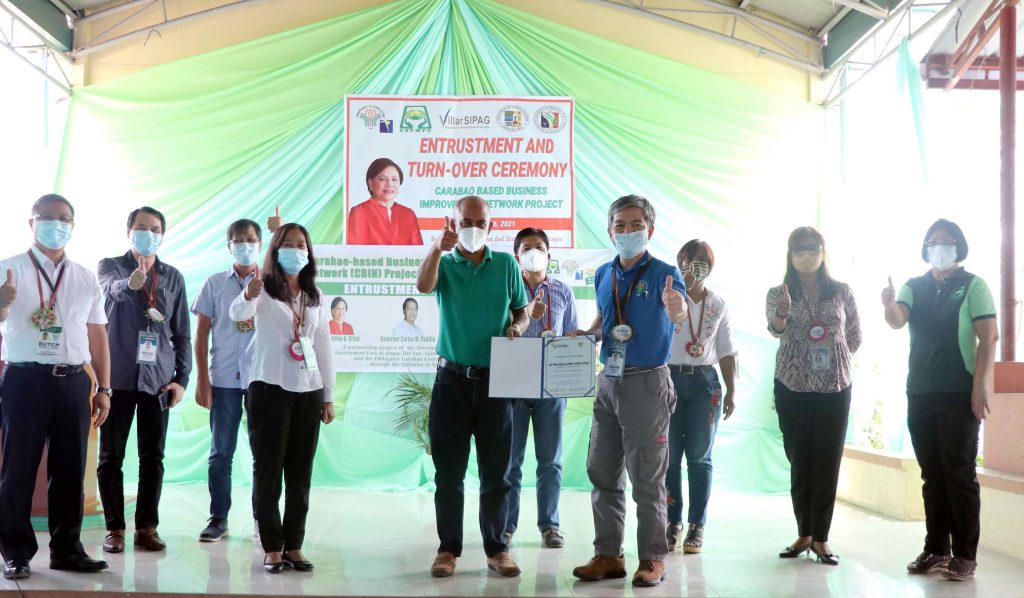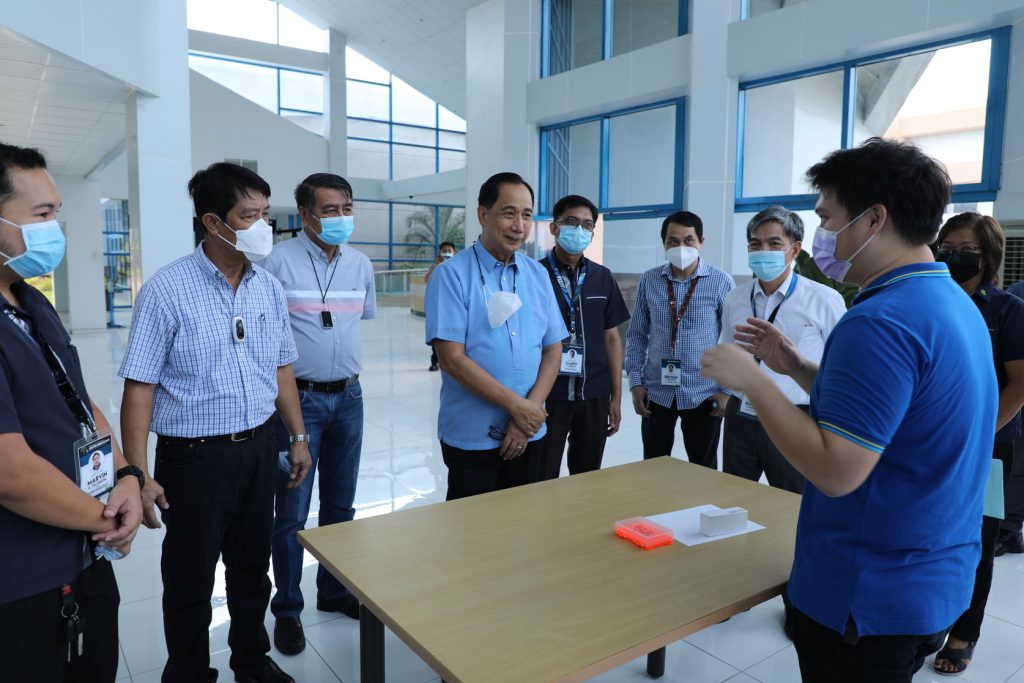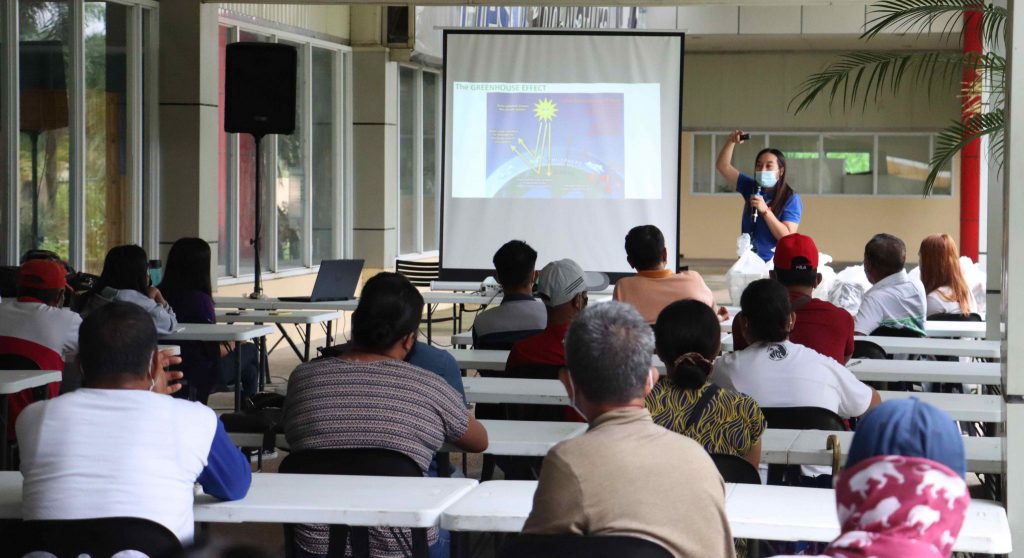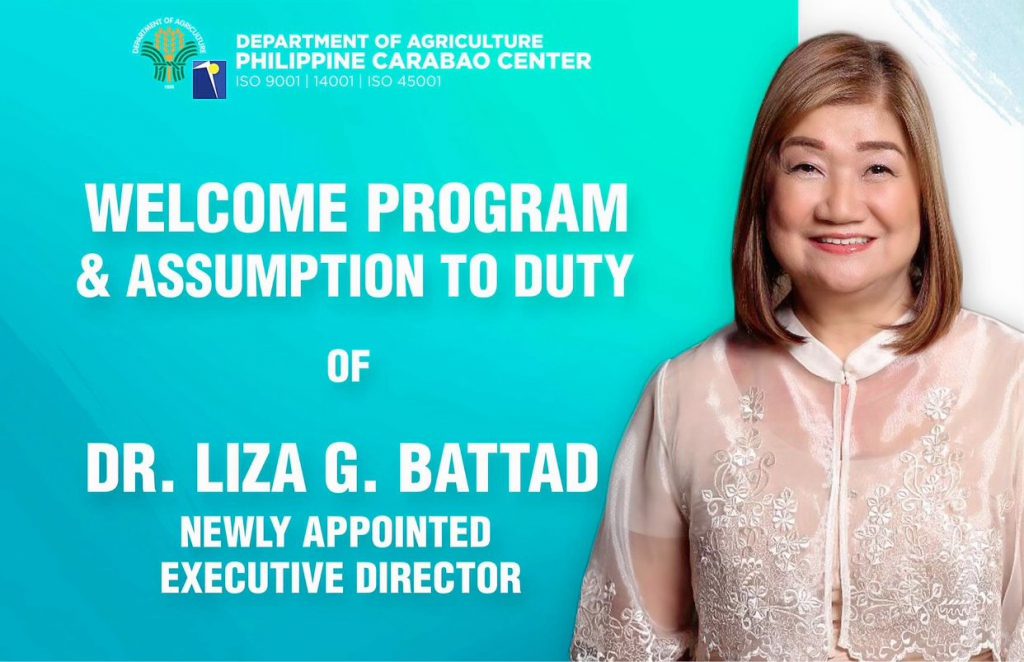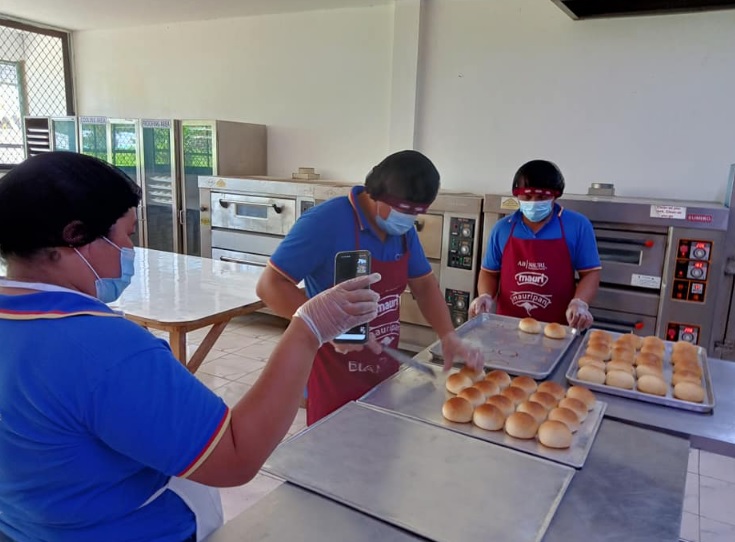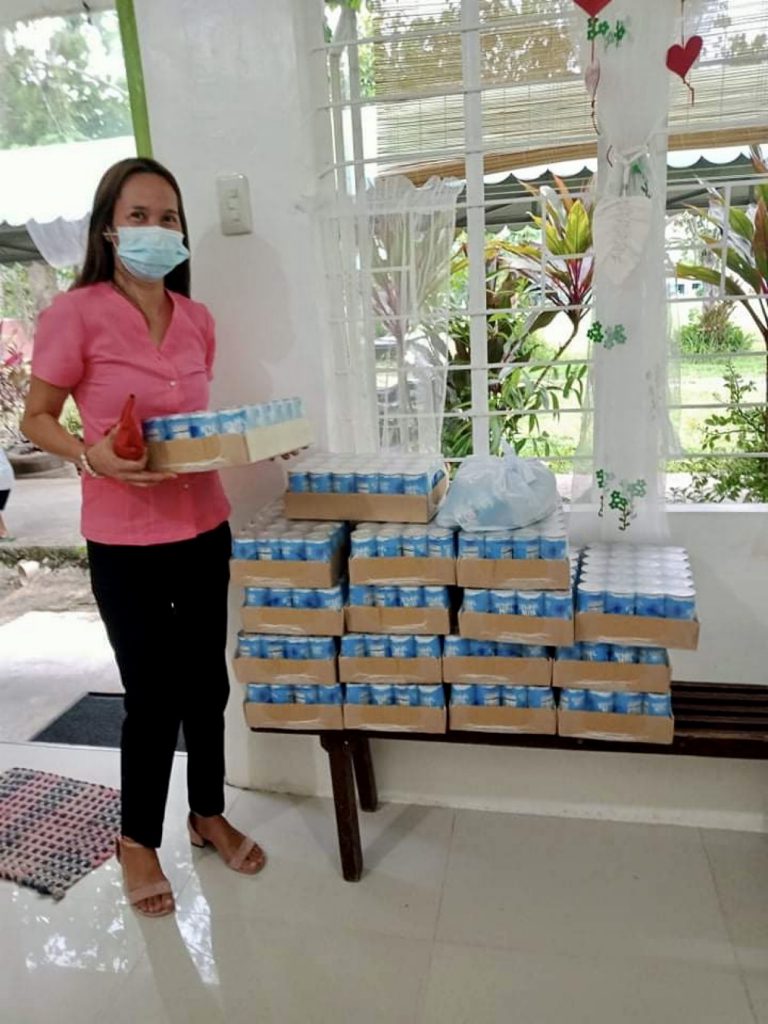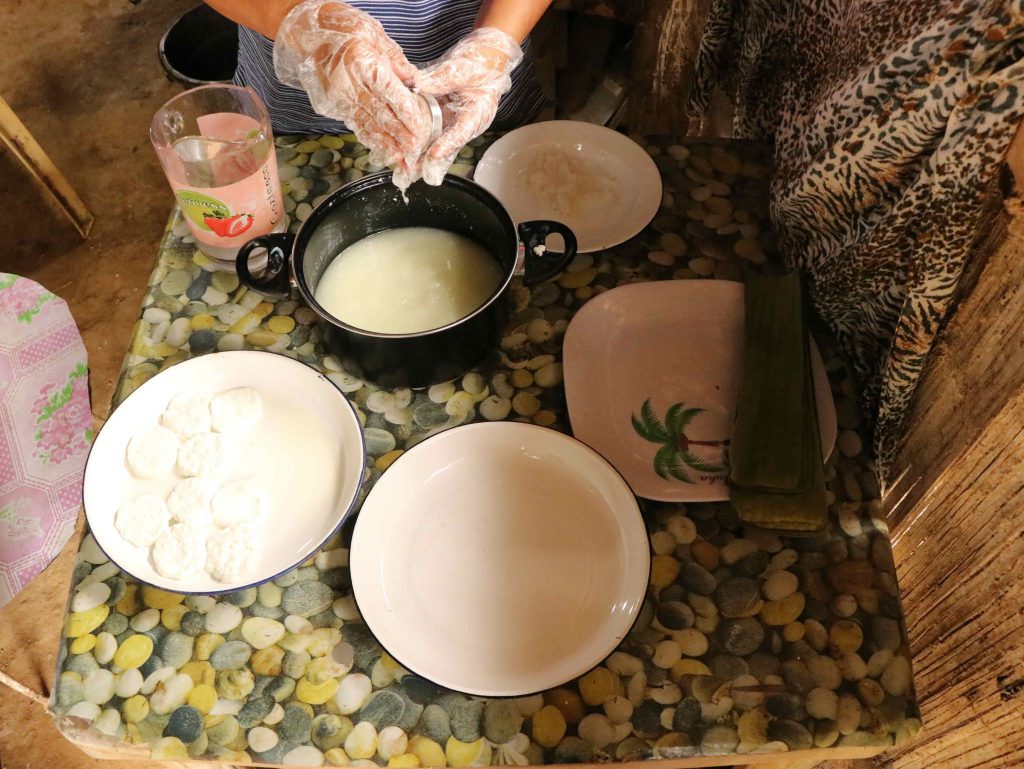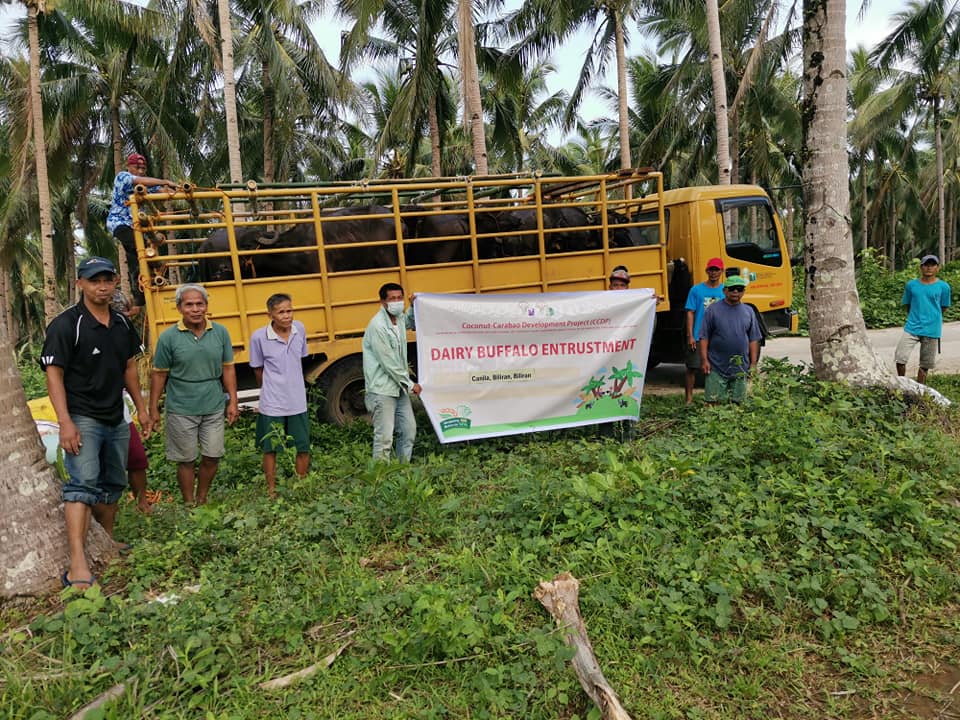The DA-Philippine Carabao Center at Cagayan State University (DA-PCC at CSU) entrusted on August 6 a total of 50 head of crossbred dairy buffaloes to Saint Vincent Parish Multi-Purpose Cooperative (SVPMPC) in Dupax Del Sur, Nueva Vizcaya—a milestone marking the first ALAB-Karbawan project in Region 2.
Said activity is a component of the project titled Carabao-based Business Improvement Network (CBIN), popularized as Accelerating Livelihood Assets Buildup (ALAB)- Karbawan of the DA-PCC. It was funded by the Office of the Senate Committee on Agriculture, Food, and Agrarian Reform Chairperson Senator Cynthia Villar and is geared towards providing income opportunities to farmers and progressing the carabao dairy industry.
The entrustment activity was done after the co-op members underwent a series of trainings, which included social preparation and basic buffalo management.
Sen. Villar, through a video message, promotes dairy enterprise as another income-generating venture in response to the pressing need for additional source of income of farmers, hence the implementation of CBIN project.
DA-PCC OIC Executive Director Dr. Ronnie Domingo, in his message, imparted words of encouragement to co-op members saying they are blessed with “3 viable Ps: Pamunuan, Programa, and Properties (labor and carabaos)”.
“You have to value these blessings and aim for higher milk production as there is a sure market for your milk produce due to the national feeding program,” he added.
Dupax Del Sur Mayor Ruben Basconcillo expressed his utmost gratitude to Sen. Villar, DA-PCC, and Provincial Government for choosing their town as one of the beneficiaries for the project.
“Out of over 1,400 municipalities across the country, only 17 were selected for the project and we are beyond grateful to be included in this undertaking. Employment- and economy-wise, the whole town will surely benefit from this,” he said.
SVPMPC Chairman Noel Amador committed to make the most of the project and never take it for granted. He said that they will cherish, nurture and propagate the carabaos entrusted to them and guaranteed that they too will thrive in this venture like others. He also envisioned for their co-op to launch an agri-tourism site in the long run.
With this project, SVMPC was urged by the office of Sen. Villar to establish a learning site and eventually a farm school, as accredited by ATI and TESDA, respectively.
Also gracing the turn-over ceremony were DA-PCC Planning and Information Management Division OIC Dr. Ericson Dela Cruz who gave an overview of the project, Municipal Agriculturist Elgine Iritan, DA-PCC at CSU Center Director Dr. Rovina Piñera, and other employees and SVMPC members.
Provincial Veterinarian Dr. Christopher Seraspi, DA-RFO 2 Dr. Roberto Busania, and Malen Galang also attended the event to represent Gov. Carlos Padilla, DA-RFO 2 Regional Executive Director Narciso Edillo, and Sen. Villar, respectively. They also delivered their respective messages of support to the project.

